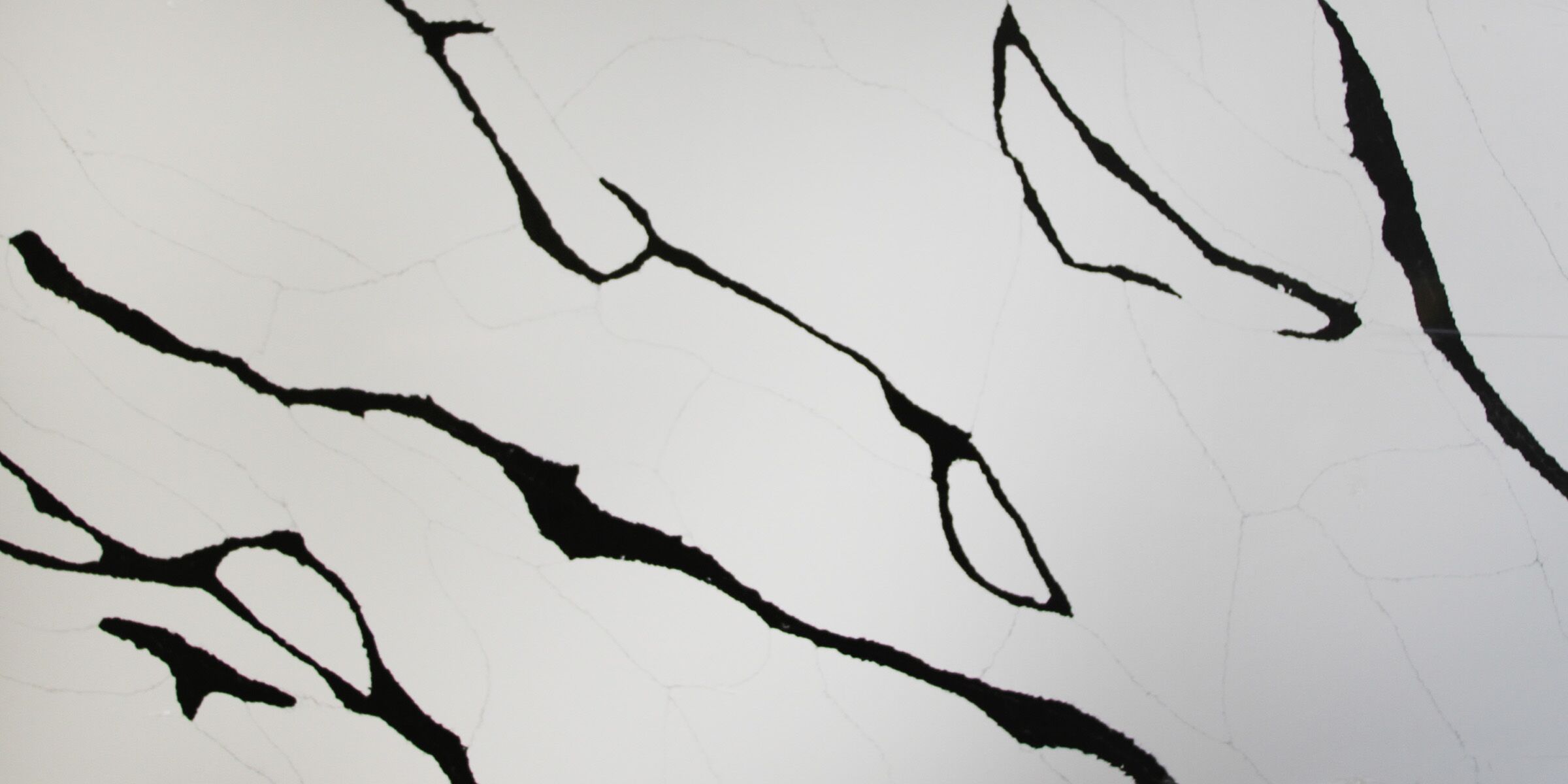Homeowners have traditionally favored granite as the preferred surface material. Granite has long been a favorite, but quartz has been overtaking granite in popularity recently. Although they look pretty similar, the two have very different compositions. Both varieties have their own admirers who favor one over the other. Let’s compare both granite and quartz surfaces so you can decide which is ideal for your needs.
What is the Difference Between Granite and Quartz?
Countertops made of quartz and granite are durable. Each comes with its own advantages, allowing homeowners flexibility when designing countertops for their kitchens and bathrooms.
Origin
Granite: Granite is created when magma crystallizes and slowly cools before it can reach the Earth’s crust. It is a highly tough stone that is entirely natural. It is harvested from quarries all over the world, sized down for handling, and then refined to a high degree of finish.
Quartz: Due to the fact that quartz is not entirely natural, it differs slightly. The countertops are made with 5-10% polymer resins and pigments, and the remaining 90-95% is ground natural quartz. Natural quartz is crushed, pressed into slabs, and then cemented with resin to create quartz countertops.
Appearance
Granite: As a result of how it is created, granite has a wide variety of hues and patterns. There is an almost infinite variety to choose from, and no two counters are identical. Whether you’re searching for a subtle addition to your kitchen or a striking slab with distinctive mineral inclusions, granite will not disappoint. Quartz and feldspar make up the majority of granite’s composition, with small quantities of mica as well as other minerals. Granite typically has a red, pink, gray, or white appearance due to its mineral makeup, with dark grains all through the rock.
Quartz: Quartz’s rising popularity is mostly due to its appearance. Quartz has the appearance of stone and allows homeowners to personalize the design. Despite the fact that granite has a wide range of aesthetic choices, you might need to look around for the perfect piece to go with your color scheme. It is available wide range of hues and patterns to precisely match any home design project. From bold neutrals and vibrant hues to natural stone looks, the options are limitless.
Durability
Granite: Granite is a hard substance that can withstand heat and numerous other kitchen conditions. However, because of its porous nature, spilled liquids may discolor if left on the surface, and a high-impact hit on your counter may cause damage. However, once sealed, liquids leaving stains will rarely be an issue.
Quartz: Quartz is more durable and tougher than granite. Additionally, it isn’t porous like granite, which makes it simple to keep your counter bacteria and stain-free. However, use a trivet at all times when using cooking pans because excessive heat can harm quartz. Due to its low heat resistance and low porosity, the quartz countertop is best suitable for the bathroom.
Maintenance
Granite: Daily cleaning with soap and warm water or a mild cleaner is recommended for granite countertops. Exercise caution, as some oils and acidic foods, might cause stains. Consider getting your countertop resealed every year to preserve its durability.
Quartz: As with granite, you should use soap, water, or a household cleaner to wipe up spills on quartz counters, but other than that, maintenance is minimal. Moreover, quartz does not require re-sealing.
Cost
Granite: Installed granite countertops range in price from $80 to $100 per square foot. The style selection and the kind of edging determine the pricing variations.
Quartz: The cost of installed quartz countertops ranges from $50 to $150 per square foot. The costs of simple countertops have decreased as quartz has grown in popularity and availability, with distinctive customized styles and colors attracting higher prices.
Conclusion
Quality countertop materials like granite and quartz can raise a home’s value. Granite appeals to those who prefer natural materials, although quartz is easier to maintain and has marginally superior durability. Also, granite is the perfect choice for countertops if you appreciate nature’s imperfections and want something special. On the other hand, we advise choosing quartz if you wish your countertop to look perfect and match flawlessly without any grooves and ridges. It depends entirely on your preferences and budget.

